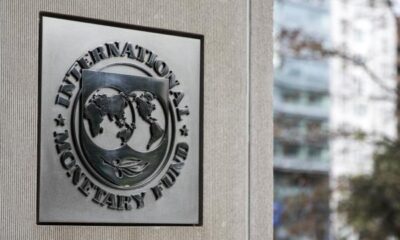The International Monetary Fund (IMF) has announced that it has finished a review and that Egypt may now take out $820 million. It added that efforts to bring macroeconomic stability back were beginning to bear fruit but called for further progress in reining in state-owned businesses.
This assessment is the third conducted as part of Egypt’s most recent 46-month IMF loan term, which was approved in 2022 and increased to $8 billion this year in response to an economic crisis characterized by severe shortages of foreign currency and soaring inflation.
The IMF stated on Monday that Egypt’s switch to a flexible currency rate regime is still “a cornerstone of the authorities’ program.” Egypt claims to have made this change.
“Inflationary pressures are gradually abating, foreign exchange shortages have been eliminated, and fiscal targets (including related to spending by large infrastructure projects) were met,” an IMF statement said.
“While there has been progress on some critical structural reforms, greater efforts are needed to implement the State Ownership Policy (SOP),” it added.
The Fund urged Egypt to expedite its plan to sell off state-owned businesses and implement changes to stop them from engaging in unfair business practices.
It further stated that Egypt needed to control the budgetary risks associated with the energy sector since daily power outages have been caused by declining natural gas production since last year.
“Restoring energy prices to their cost recovery levels, including retail fuel prices by December 2025, is essential to supporting the smooth provision of energy to the population and reducing imbalances in the sector,” the IMF quoted its Deputy Managing Director Antoinette M. Sayeh as saying.
Egypt increased the price of domestic fuel by as much as 15% in advance of the IMF assessment, which was rescheduled from July 10.







































